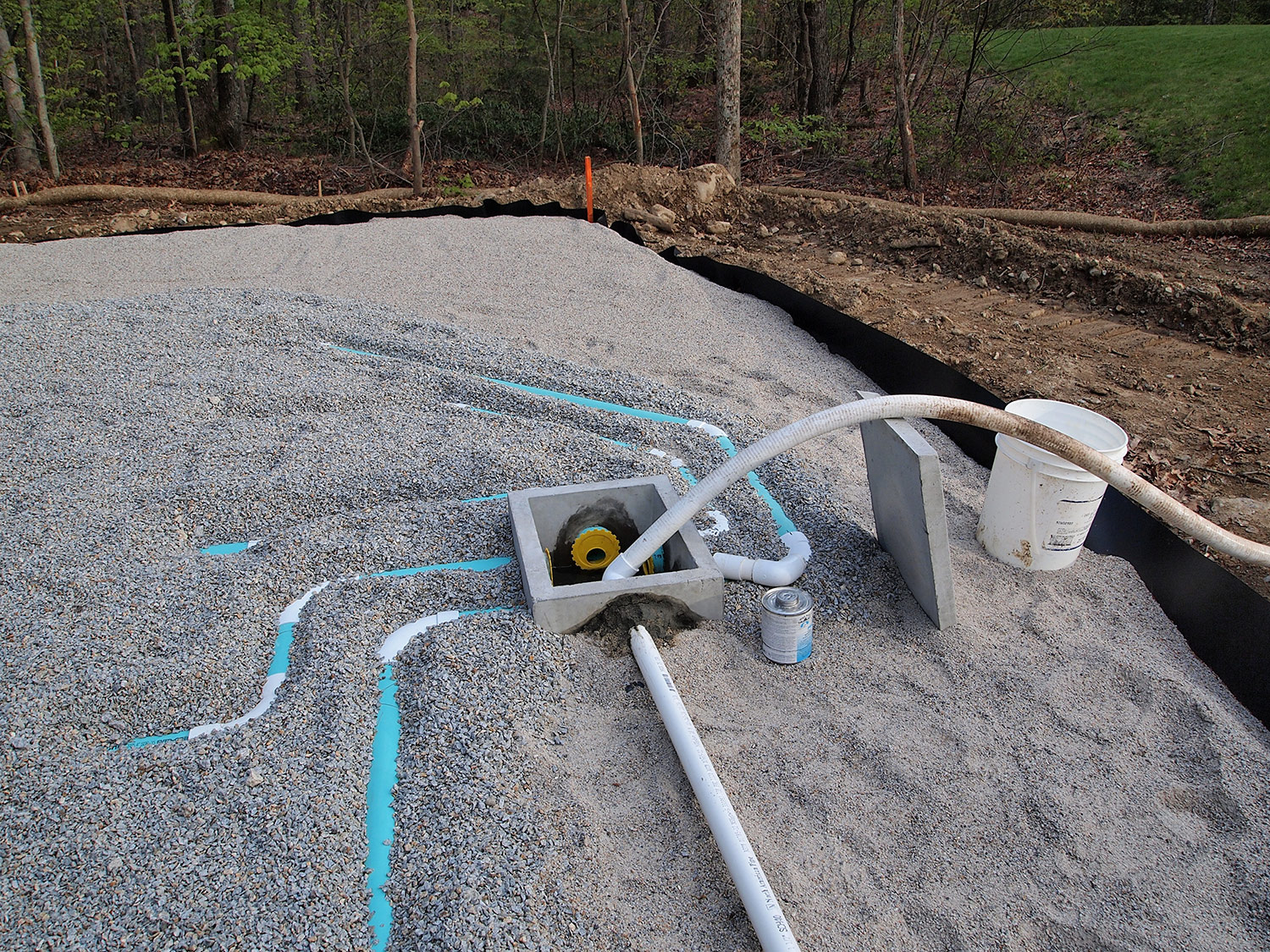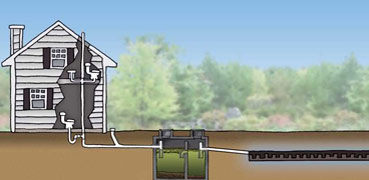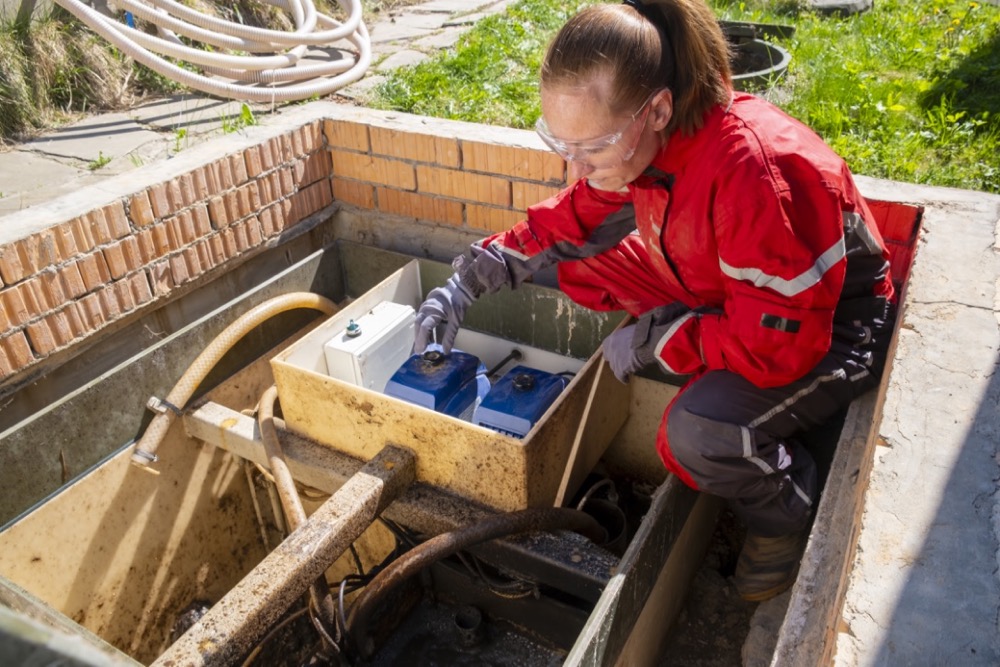
Failing septic systems and cesspools can contaminate drinking water, shellfish beds, and beaches. Title 5 of the State Environmental Code protects us by requiring inspection of private sewage disposal systems. Local boards of health receive these inspection reports. Most systems will pass inspection. Title 5 requires the replacement or upgrade of systems that fail.
If you own a home with a septic system or cesspool and plan to put it up for sale, add a bedroom, or change its use, you will need to get a system inspection. This information will help you make the right decisions about who to hire and how to finance repairs.
You'd Better Shop Around
When you need to hire a system inspector, there are two important things to remember:
- MassDEP does not regulate inspection fees, nor does any other state agency. Inspectors can charge whatever their customers are willing to pay. The fee also may vary depending on the complexity of the inspection.
- Only certain professionals may perform Title 5 system inspections:
- Professionals who meet experience requirements and have passed a MassDEP-administered exam;
- Registered Sanitarians;
- Certified Health Officers; and
- Registered Professional Engineers who specialize in civil, environmental or sanitary engineering.
Before hiring anyone, do some comparison shopping:
- Get written estimates from several inspectors. Ask them whether the price of the inspection includes pumping the system; often it does not.
- Ask for and check each inspector's identification and references.
- Before signing a contract, be certain that it spells out the work plan, the cost and payment terms, and any guarantees the inspector is willing to provide.
- Once the inspection is complete, make sure the person who signs the form is the same person who conducted the inspection.
For more information, contact Morse Engineering and Construction.
Source: mass.gov


